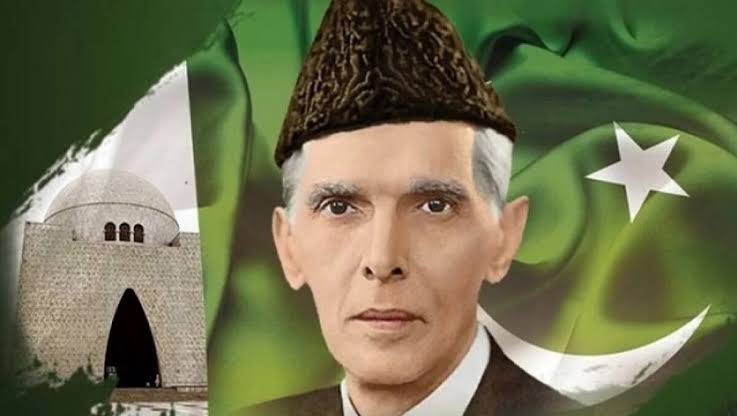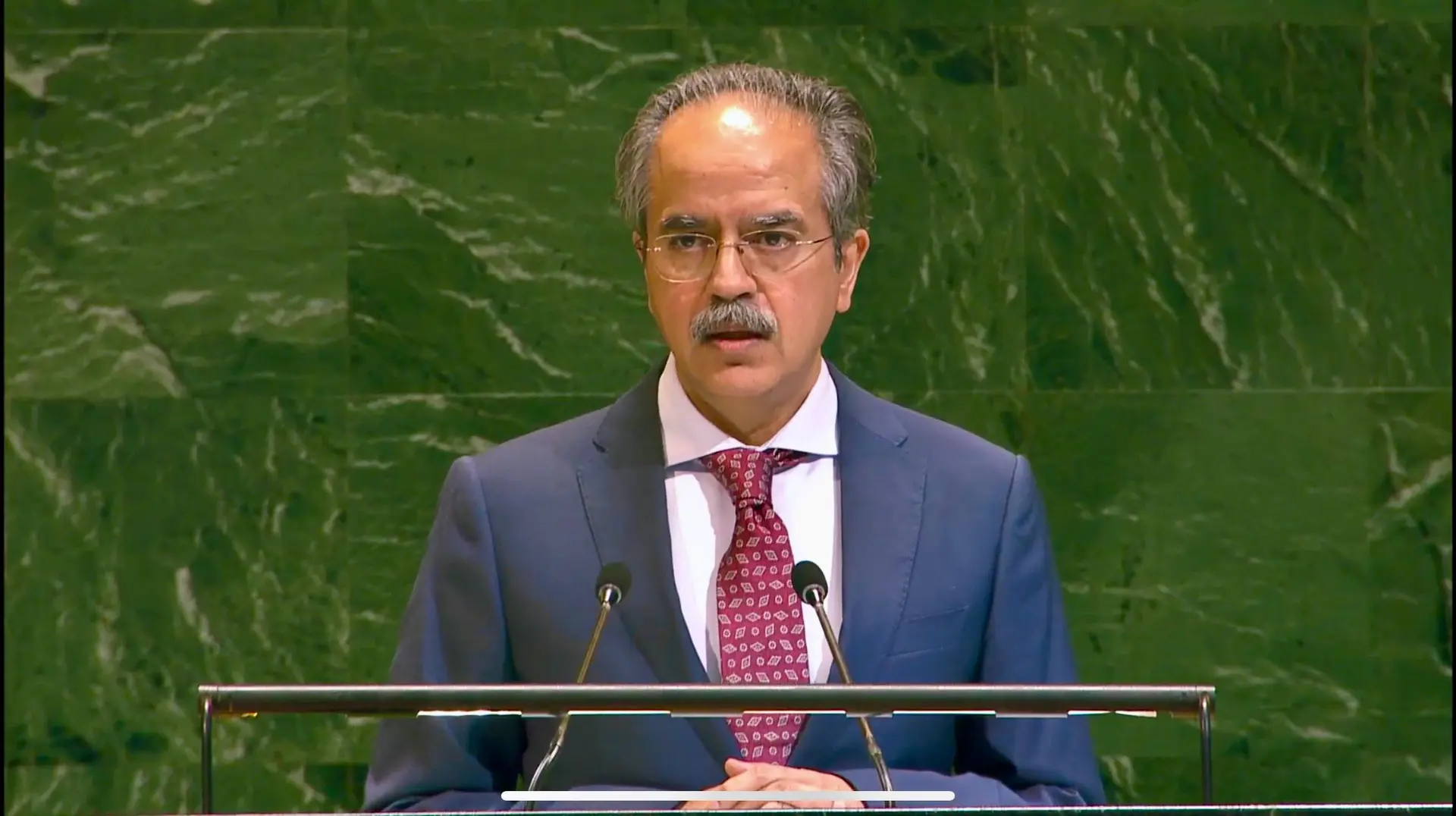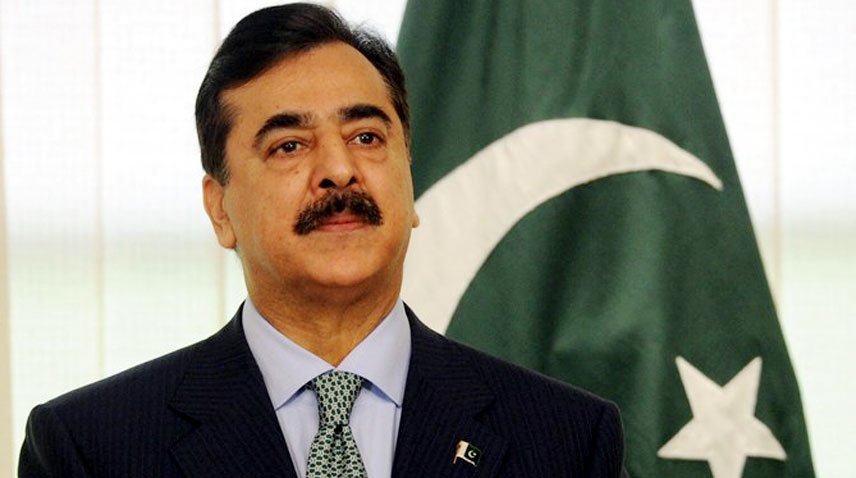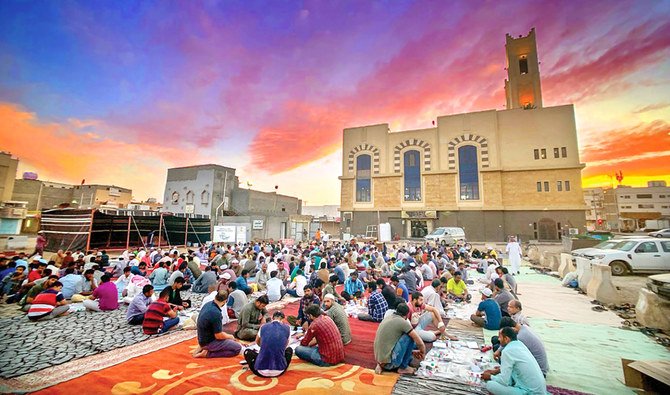In Pakistan, there has always been an active lobby whose purpose has been to distance the public from the Islamic ideology on which Pakistan was founded and to turn Pakistan into a secular state, thereby weakening its ideological borders and paving the way for its reintegration into India. Among those involved in this nefarious agenda, there is a group that, even before the creation of Pakistan, propagated the belief that all of India was one country, with all its inhabitants being one nation, regardless of religion, region, or language. However, as soon as Pakistan was established, these individuals began to raise the issue of linguistic and regional identities, basing their arguments on the use of the word ‘states’ in the Pakistan Resolution, which clearly demonstrates their ill intentions. The Pakistan that was accepted as a single country by all federating units, without objection, is now being questioned, which is nothing but mischievous.
Another tactic that was employed was to portray the founder of the country as a secular personality. To this end, hundreds of statements by Quaid-e-Azam Muhammad Ali Jinnah, regarding the establishment of an Islamic ideological state, were ignored, and a fabricated speech from August 11, 1947, was attributed to him, in which he supposedly expressed the desire to make Pakistan a secular state. According to the in-depth research of Oriya Maqbool Jan, this speech is a fabrication that does not exist in the records of the Assembly, All India Radio, the BBC, or in the national or international press of that time. As a student of history and political science, when I first came across this speech in the late Justice Munir Ahmed’s book From Jinnah to Zia, I was deeply perplexed as to how it was possible that a person as straightforward, cautious, and principled as the founder of Pakistan could have given such a policy statement on the floor of the first Assembly that not only contradicted thousands of his speeches and interviews but also undermined the very justification for the creation of Pakistan. If true, this speech would imply that Quaid-e-Azam deceived Muslims throughout his struggle by falsely claiming that his objective was to establish an Islamic state governed by the Quran and the Shariah of the Prophet Muhammad (PBUH).
In my view, the August 11 speech was a fabrication of Justice Munir’s mind. This was the same person who controversially and illogically justified the dissolution of Pakistan’s first Constituent Assembly by Governor-General Ghulam Muhammad, a decision that laid the foundation for the public’s mistrust in the higher judiciary, ultimately leading to a bloody parliamentary history in Pakistan. The stains of this betrayal are like a blemish on our constitutional and judicial history.
In a meticulously planned effort to mislead the new generation against the existence and ideology of this country, several false narratives were propagated. For instance, the claim was made that the first national anthem of Pakistan was written at the request of Quaid-e-Azam by Tilok Chand Mehroom or his son Akhtar Chand. Historian Dr. Safdar Mahmood debunked this lie with irrefutable evidence, proving that no such event ever occurred where the founder of Pakistan requested a non-Muslim to write the national anthem.
The most significant and blatant lie that this anti-Pakistan group has continuously propagated is that Pakistan was created as a result of democracy, whereas the truth is that Pakistan came into being as a result of the Two-Nation Theory. If the creation of Pakistan had been pursued through democracy, it would have been impossible due to the Hindu majority.
To refute the Islamic ideology of Pakistan, these people often present a flimsy argument: if Pakistan was created for the implementation of Islam, then why did religious parties and leaders oppose the creation of Pakistan? This confusion arises from the attitude of a handful of scholars who were either part of the Indian National Congress or were unaware of the modern concept of nationalism and its implications. It is true that a faction of Jamiat Ulema-e-Hind, the Shia Political Party, All India Momin Conference, and Majlis-e-Ahrar-e-Islam openly opposed the creation of Pakistan and the Two-Nation Theory, but their narrative did not gain popular acceptance. In contrast, there were far more scholars and spiritual leaders who openly supported the Two-Nation Theory and spread the message of the Muslim League to every Muslim. It was due to their sincere efforts that the Muslim League won all the Muslim seats in the Central Assembly in the 1945–1946 elections, clearing the way for the creation of Pakistan.
The sacrifices and dedication of these scholars and spiritual leaders were fueled by the promises made by Quaid-e-Azam, which serve as a testament to his vision of an Islamic Pakistan. I dare to quote a few of these references here. On March 19, 1945, while addressing the Muslim Students Federation, Quaid-e-Azam said, “I warn the Communist Party to stay away from Muslims. They (Muslims) no longer desire any flag other than the Muslim League’s flag. Islam is their guide and complete way of life. They (Muslims) do not want any ‘ism.'” (Syed Jamaluddin Ahmed, Speeches and Writings of Mr. Jinnah, Vol. 2, p. 24). The same author wrote on page 239 of the same volume that Quaid-e-Azam, while addressing a public gathering in Peshawar on November 24, 1945, said, “Muslims worship one God, believe in one book, and follow one Prophet (PBUH). The Muslim League is striving to unite them on one platform under the Islamic flag.” On November 26, 1945, Quaid-e-Azam said, “You have asked me in the address about the constitution and law of Pakistan. This is a meaningless question. Muslims believe in one God, one Prophet (PBUH), and one book. For a Muslim, this alone is the law. Islam will be the fundamental law of Pakistan, and no law contrary to Islam will be enforced in Pakistan.” (Pakistan Journal of History and Culture, Vol. 23, 2002, p. 54).
In a letter dated September 17, 1944, to Mohandas Gandhi, Quaid-e-Azam stated, “The Quran is the code of life for Muslims. It contains commandments for all religious, civil, criminal, military, penal, economic, and social aspects. It covers everything from religious rituals to the health of the body, from individual rights to collective rights, from morality to crime prevention—comprising a complete set of laws for every act, word, and movement. Therefore, when I say that Muslims are a nation, I say so by every standard and measure of life after life.”
Now, any fair-minded person can understand what kind of Pakistan Quaid-e-Azam wanted. Certainly, he desired a Pakistan where everything mentioned in his letter to Gandhi would be practically implemented. In other words, Quaid-e-Azam’s letter to Gandhi serves as the final nail in the coffin of the idea that Quaid-e-Azam wanted to make Pakistan a secular state. If that were the case, then what was the need for the partition of India, and what moral justification did the demand for Pakistan have? This question should be answered by anyone who accuses Quaid-e-Azam of wanting a secular Pakistan.
Director, The Europe Today













